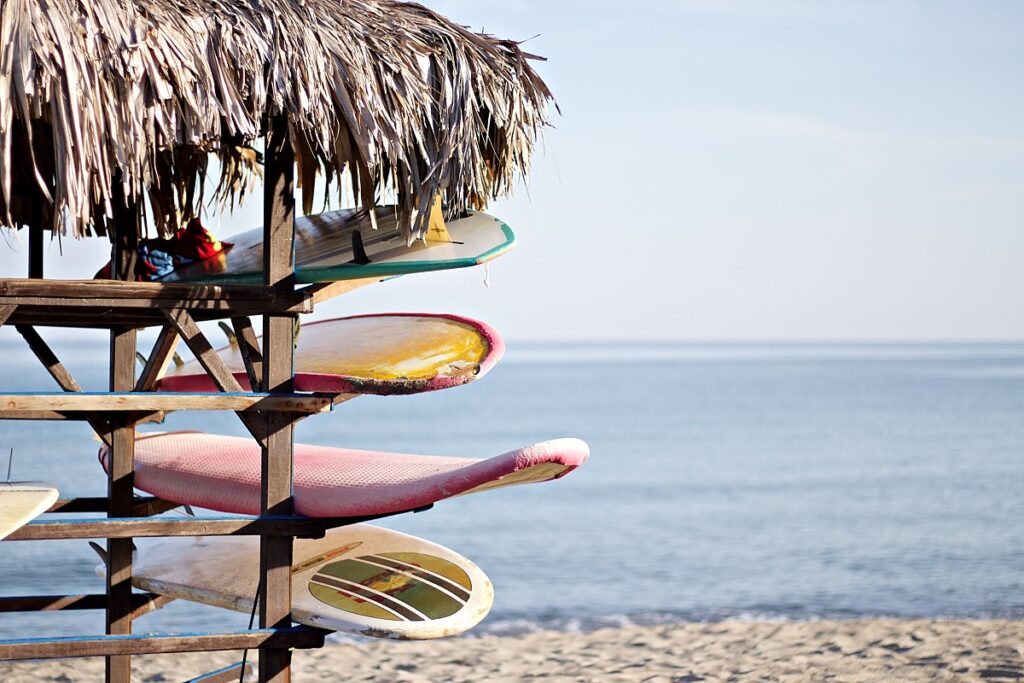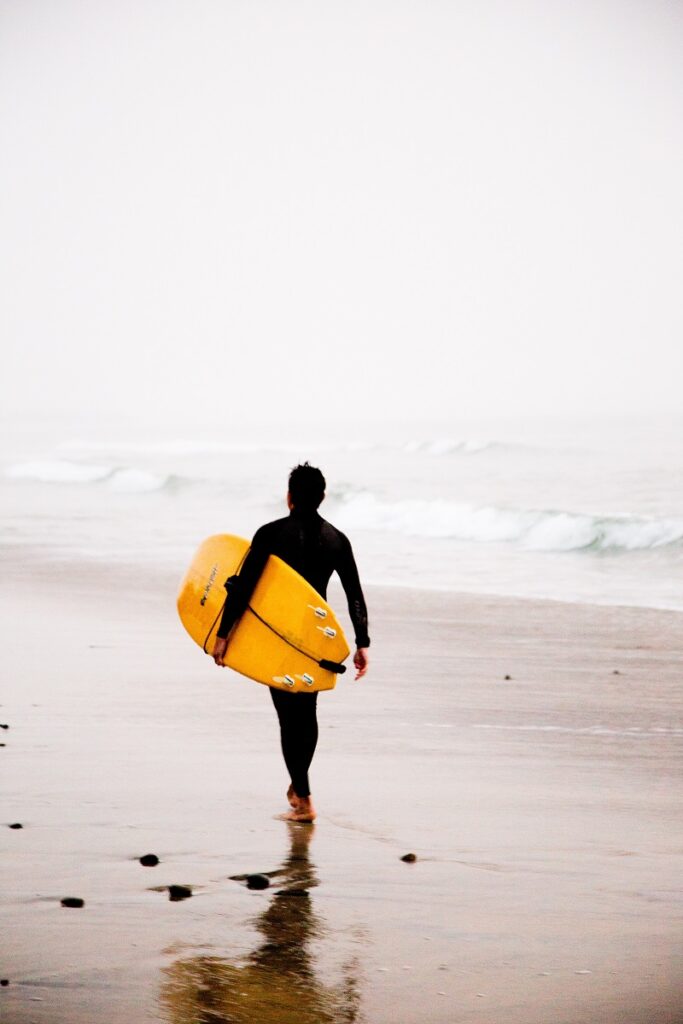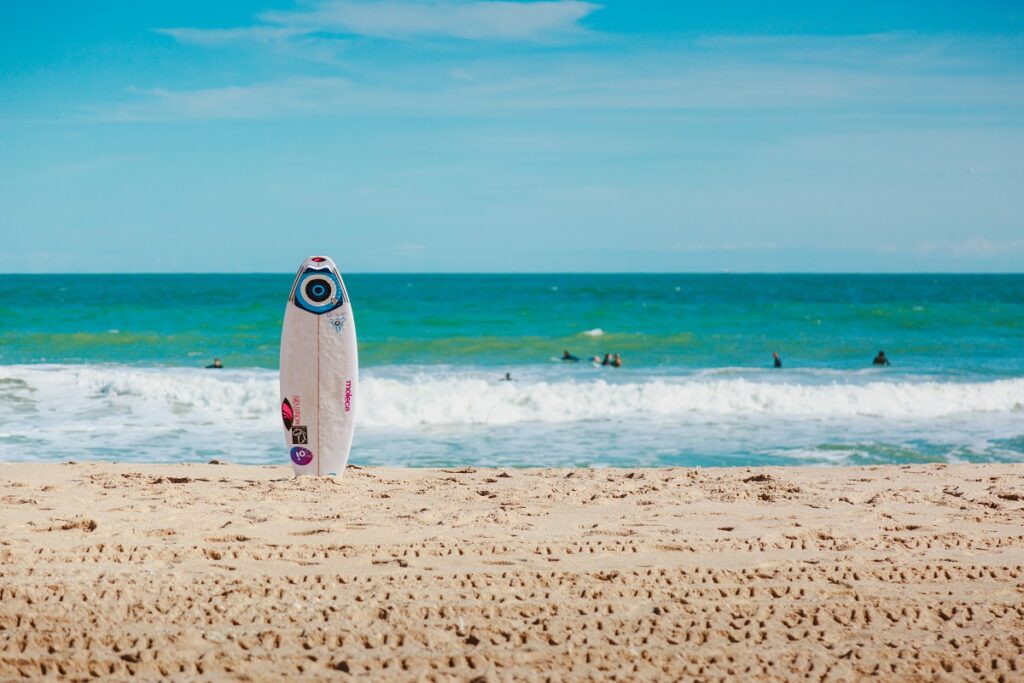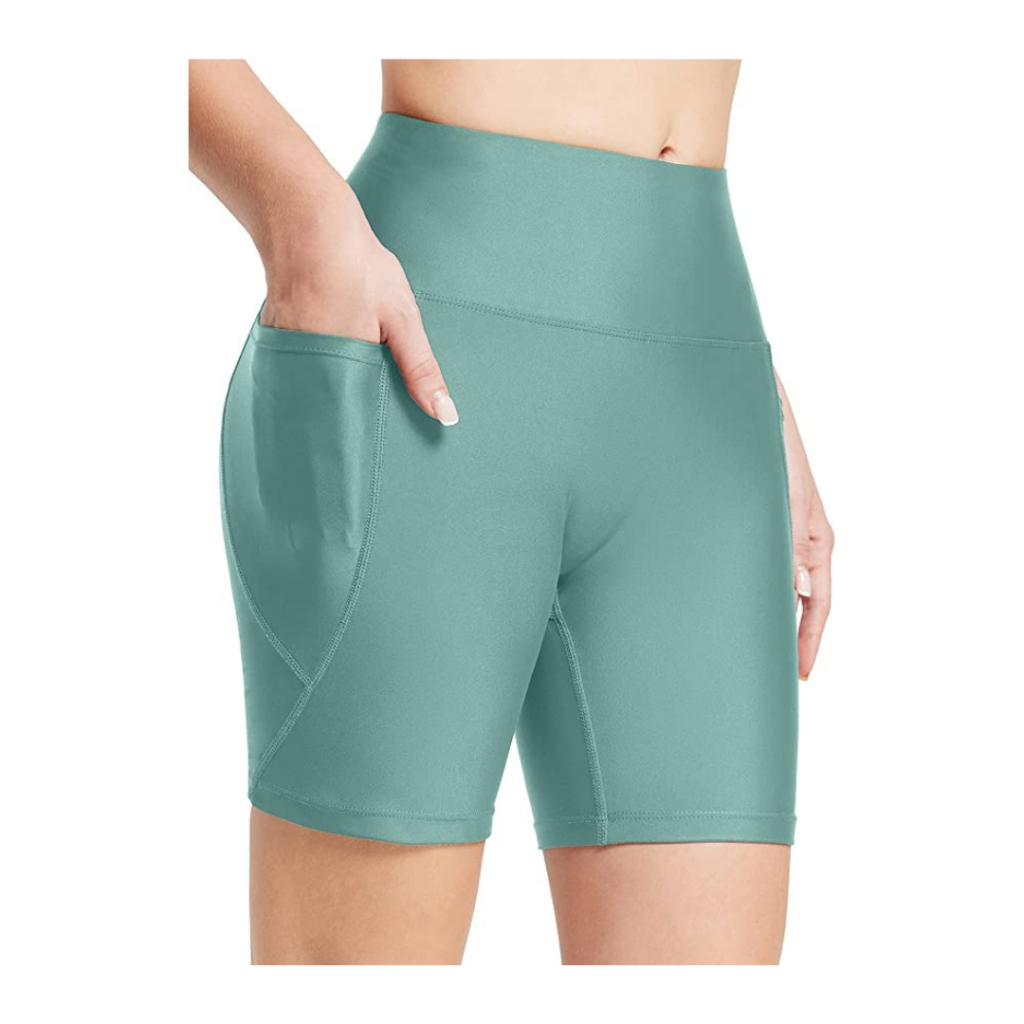Table of Contents
Surf culture, a dynamic and captivating subculture, is intricately entwined with the sport of surfing and its profound connection to the environment. Surfing serves as the gateway to this culture, with its devotees embracing not only the thrill of riding waves but also the responsibility to protect the fragile ecosystems that support their beloved pursuit. At the core of surf culture lies a profound love for the ocean, and a deep-rooted appreciation for its beauty, power, and life-sustaining qualities.
One of the remarkable aspects of surf culture is its strong emphasis on environmental consciousness. Surfers, intimately attuned to the fragility of coastal ecosystems, have emerged as environmental advocates and stewards of the ocean. Recognizing that their very playground is at risk, they strive to minimize their ecological impact and actively promote sustainable practices.
This environmental consciousness is not merely a peripheral aspect of surf culture but an integral part of its identity.
Beyond the physicality of riding waves, surfers forge a spiritual and emotional connection with the sea that transcends words. The ocean becomes a sanctuary where they find solace, inspiration, and a profound sense of belonging. Surfing becomes a form of meditation. It is a deeply personal and introspective experience that allows surfers to escape the noise of the world and find peace in the present moment. When immersed in the sea, surfers feel a deep connection to something greater than themselves.

Environmental Consciousness in Surf Culture
Surf culture places a strong emphasis on environmental conservation and sustainability. It recognizes the crucial need to protect the very playground that surfers hold dear. Surfers are acutely aware of the environmental challenges facing coastal regions, including pollution, habitat destruction, and the impacts of climate change. They understand that without a healthy and thriving ocean, their passion for riding waves would be compromised. This awareness has instilled a deep sense of responsibility within surf culture to actively address these issues. Surfers strive to minimize their ecological footprint, adopting eco-friendly behaviors such as reducing plastic waste, supporting renewable energy initiatives, and advocating for clean water policies. Surf culture serves as a powerful catalyst for environmental consciousness. It drives positive change and inspires individuals to take action for the betterment of our oceans and coastal ecosystems.
Surfers understand that they play a critical role as stewards of the ocean and coastal ecosystems. Surfers actively engage in initiatives that promote the conservation, preservation, and restoration of the marine environment. They participate in beach cleanups, removing debris and plastic pollution from shorelines, as well as promoting proper waste management practices. Surfers also support and collaborate with environmental organizations focused on protecting coastal ecosystems, advocating for marine conservation policies.

Responsible Practices for Ocean Conservation
Within surf culture, there is a strong recognition of the importance of reducing plastic pollution and practicing proper waste management. And also advocating for clean water initiatives. Surf culture emphasizes the need for clean water initiatives, advocating for policies and actions that protect water quality and ensure the health and safety of both surfers and marine ecosystems. Through these efforts, surfers aim to create a cleaner, healthier ocean environment for everyone to enjoy.
Responsible practices promoted by surfers to minimize their impact on the ocean:
- Minimizing single-use plastics. Surfers encourage the use of reusable water bottles, bags, and containers to reduce plastic waste.
- Participating in beach cleanups. Surfing communities organize and participate in regular beach cleanups to remove litter and debris from shorelines.
- Proper waste disposal. Surfers promote proper waste management by disposing of trash in designated bins and recycling whenever possible.
- Supporting eco-friendly surf products. Surfers choose surf gear made from sustainable materials, such as eco-friendly surfboards and wetsuits.
- Spreading awareness. Surf culture encourages surfers to educate others about the importance of ocean conservation, plastic pollution, and sustainable practices.
- Supporting clean water initiatives. Surfers advocate for and participate in campaigns and projects focused on preserving and improving water quality in coastal areas.
- Engaging in sustainable travel. Surfers consider the environmental impact of their travel choices, opting for eco-friendly transportation and accommodations whenever possible.
- Protecting marine life. Surfers adhere to responsible wildlife viewing guidelines and respect marine habitats.
- Supporting local conservation organizations. Surfers actively contribute to and collaborate with local environmental organizations that work to protect and preserve the marine environment.

Preservation of the Marine Environment
Surfers have emerged as champions of marine conservation, actively engaging in efforts to protect and preserve the delicate ecosystems of the ocean. Their deep connection to the sea drives them to take action and advocate for the well-being of marine life. Surfers organize and participate in beach cleanups, dedicating their time to removing litter and plastic pollution from coastlines. These initiatives not only beautify surf spots but also prevent debris from entering the ocean and endangering marine creatures. Additionally, surfers collaborate with marine conservation organizations, supporting their projects and lending their voices to the cause. Through their collective actions, surfers inspire others to take responsibility for the ocean and ensure its longevity for future generations.
Initiatives by surfers to protect and preserve the marine environment include:
- Beach cleanups: Surfers organize and participate in regular cleanups to remove litter and plastic pollution from beaches.
- Marine conservation organizations: Surfers collaborate with and support organizations dedicated to the conservation of marine ecosystems.
- Campaigns for protecting marine life. Surfers actively engage in campaigns focused on raising awareness and advocating for the protection of marine species and habitats.
- Sustainable fishing practices: Surfers promote and support sustainable fishing practices that minimize the impact on marine ecosystems.
- Advocacy for marine protected areas: Surfers advocate for the establishment and expansion of marine protected areas to safeguard critical habitats.
- Education and awareness. Surfers play a role in educating others about the importance of protecting the marine environment and raising awareness about conservation issues.
- Supporting research and scientific efforts: Surfers participate in research projects and collaborate with scientists to better understand marine ecosystems and inform conservation strategies.
- Responsible surf tourism: Surfers promote responsible travel practices that minimize the impact on coastal communities and marine environments.
- Engaging in policy and regulation: Surfers actively participate in policy discussions and advocate for regulations that protect the marine environment.

Sustainable Surfing
The concept of sustainable surfing has gained significant traction within surf culture, reflecting a growing commitment to minimize the environmental impact of the sport and embrace eco-conscious practices. Surfers recognize that their love for the ocean comes with a responsibility to protect it, leading to the integration of sustainability into various aspects of surf culture. Sustainable surfing encompasses a range of practices aimed at reducing ecological footprints, preserving natural resources, and supporting local communities. From the materials used in surfboard production to the choices made in surf travel and the support of sustainable surf businesses, surfers are actively seeking ways to align their passion with environmental stewardship. This shift towards sustainability not only reflects a desire to protect the oceans that provide endless waves but also sets an example for the broader community, inspiring positive change and promoting a harmonious relationship between surfers and the environment.
Collaborations and Partnerships
Collaborations between surfers, surf brands, and environmental organizations have become increasingly prevalent and impactful in driving conservation efforts and promoting sustainable practices. These partnerships harness the influence and resources of surf brands and the passion and expertise of surfers to create meaningful change. Surfers lend their voices and platforms to raise awareness about environmental issues, while surf brands contribute their resources, funding, and marketing reach to support conservation initiatives. Together, they develop innovative solutions and campaigns that promote sustainable surf products, reduce plastic waste, and protect marine ecosystems. These collaborations often extend beyond awareness-raising, with joint efforts in beach cleanups, habitat restoration, and fundraising for marine conservation organizations.
Collaborations between surfers, surf brands, and environmental organizations in Australia
- Take 3 for the Sea x Surf Brands. Take 3 for the Sea, an Australian nonprofit organization, has partnered with various surf brands, including Quiksilver and Roxy, to raise awareness about plastic pollution and encourage beach cleanups. These collaborations involve promoting sustainable surf products and organizing events that engage the surfing community in environmental conservation efforts.
- Surfrider Foundation Australia x Surf Brands. The Surfrider Foundation Australia, a nonprofit dedicated to protecting oceans and beaches, has collaborated with surf brands like Patagonia and Billabong. These partnerships focus on supporting coastal conservation projects, promoting sustainable surf gear, and raising funds for environmental initiatives through sales of co-branded products.
- Surfers for Climate x Surfing Community. Surfers for Climate is an organization formed by Australian surfers who are passionate about addressing climate change. They work closely with the surfing community to raise awareness and advocate for sustainable practices. They collaborate with surf brands, such as Afends and Creatures of Leisure, to promote environmentally friendly products and support climate-related campaigns.
- Sustainable Surf Programs x Surf Schools. Numerous surf schools in Australia have partnered with environmental organizations to incorporate sustainability principles into their operations. This includes using eco-friendly equipment, teaching students about ocean conservation, and organizing beach cleanups as part of their surf lessons.
Discover Hot Surfing Fashion





Take action today to make a difference for our oceans and the future of surf culture.
Start by adopting sustainable practices in your own life, such as reducing plastic waste, supporting local and sustainable surf businesses, and practicing proper waste management. Get involved in beach cleanups, join or support marine conservation organizations, and spread awareness about the importance of protecting our marine ecosystems. Together, we can create a wave of change and ensure a thriving and sustainable environment for surfers and ocean lovers alike. Join the movement and be a part of preserving the beauty and power of the ocean for generations to come.
